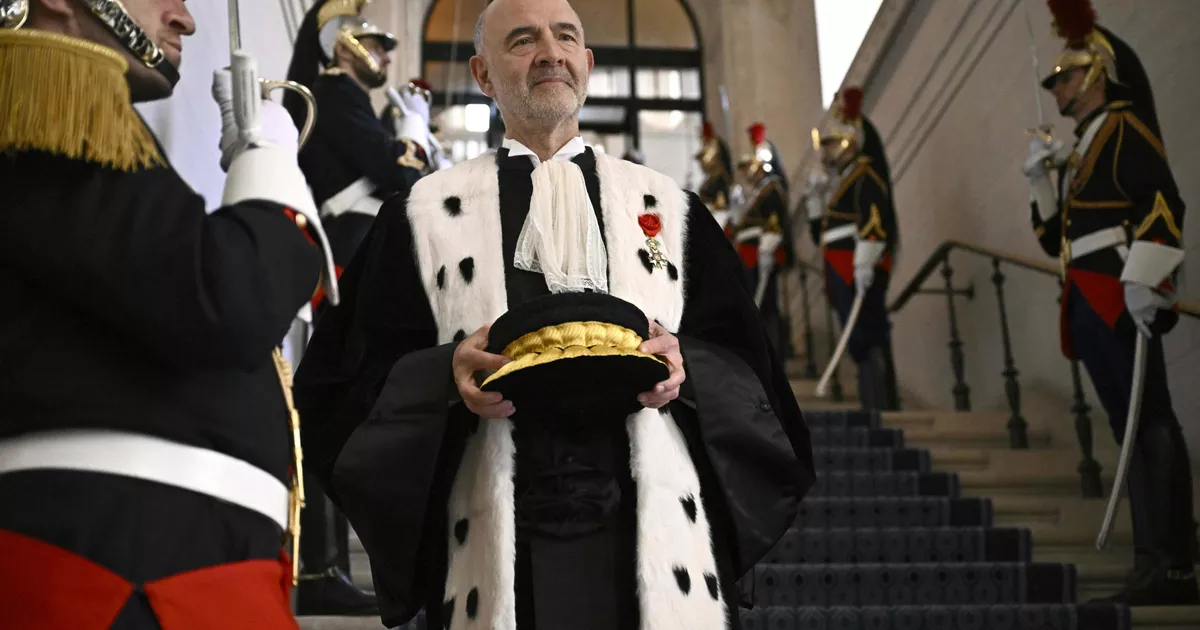The historian reminds us of the true role of the Court of Auditors. He has just published “On the banks of the Seine… History and secrets of Napoleon’s tomb”, by Perrin publishers. But here, the “solemn” nature of the moment seems to have given him wings. We know that his questionable decision was discussed and perhaps he was surprised that his will, which he considers as unquestionable and sovereign, was being contested.
Therefore, during the solemn ceremony, he delivered a lesson in constitutional law… the analysis of which still smacks of a *pro domo* plea and indirectly confirms his political intentions. Moscovici, “pillars of democracy”. His words have gone beyond his thoughts, which cannot be incomplete on such a serious subject. The ultimate provisions (this time in the true sense of the term) are clear and precise: universal suffrage is the source of all power; the sovereign people speak through the voice of their representatives and through referendums.
He pursues this work with enthusiasm and without opposition. It has been observed that despite Article 47-2, which argued for the opposite solution, the president of the Court of Auditors chose, opportunistically, to wait until it was too late to “assist Parliament in controlling the government’s actions”. In light of the principles of legitimacy and representativeness, challenging these practices wouldn’t be “illiberal”, as Mr. Moscovici likes to say, unless we were to decree the non-application of constitutional rules on freedom of expression and the right of the people or parliament to demand accountability. By using grand words and manipulating principles, the presidents of both institutions cannot escape the suspicion of political opportunism and cynicism.
The first explains that the Constitutional Council only judged the form of the Immigration Law, reserving another cartridge for the day when it will have to judge the substance of the same subjects. As was written elsewhere: what then remains for the parliament, which votes under the not even discreet surveillance of a body that may be constitutional but is in no way democratic, if only due to the mode and history of the appointment of its members. The second throws at us a kind of discretionary power (the existence of which was not suspected) and asserts with false candor that all this has nothing to do with the perilous situation of the government in parliament. At least he has chosen his side, that of the executive… but it’s in spite of what the Constitution prescribes.
Solemn speeches or not, the temporal collision between the Council’s decision and the intentionally delayed publication of the Court’s report leaves a bad impression on public opinion. They give an unpleasant feeling of déjà vu: the spectacle of frightened elites without weapons in the face of rising discontent, of muscular solutions and soon of popular votes of no confidence. An old trick, seemingly effective, as they entrust themselves with confidence to “independent” bodies to lead a counter-guerrilla. Yesterday, the judicial authority to prevent François Fillon’s victory or to get rid of Mr. Dupond-Moretti.
Today, the entry into the scene of two jurisdictions led by former politicians appointed. To be continued.
